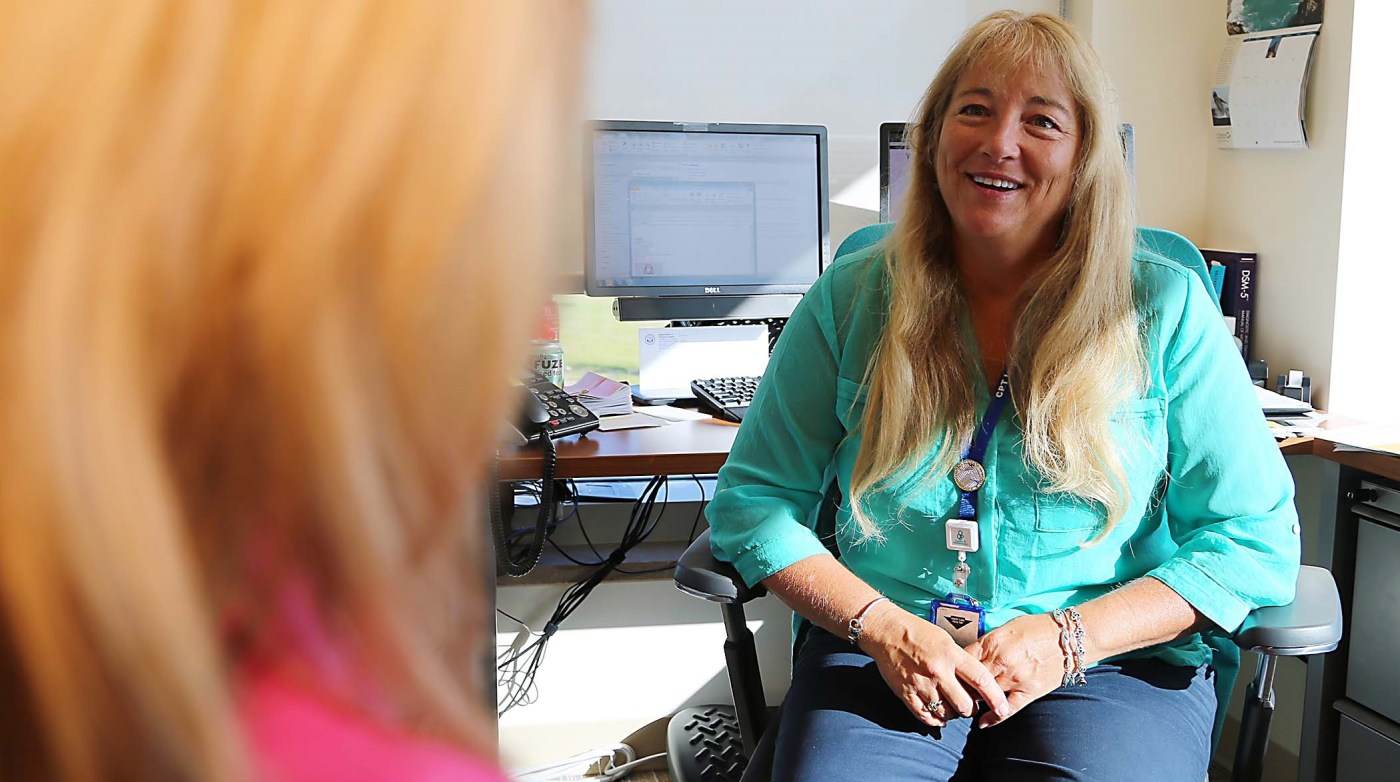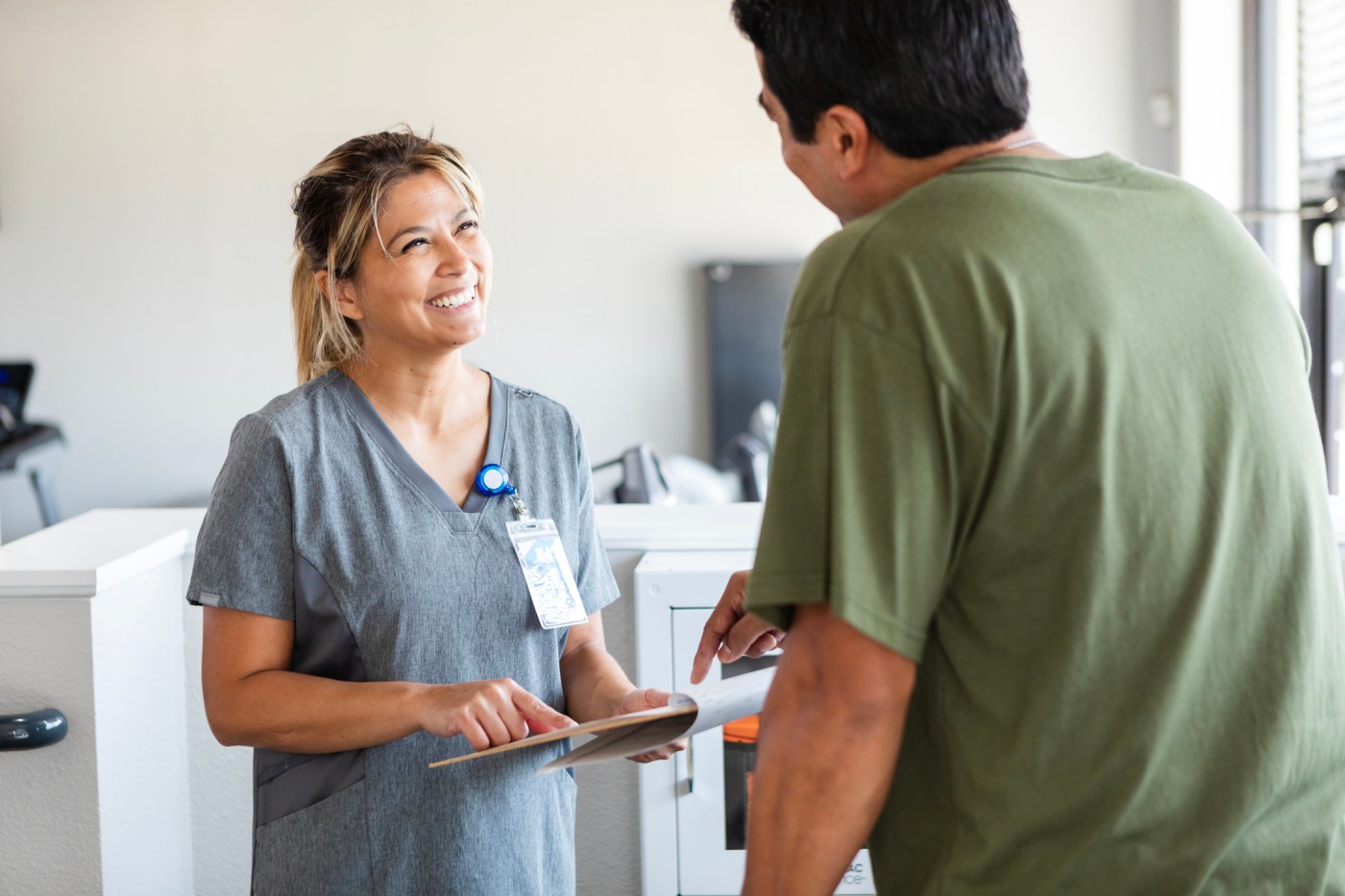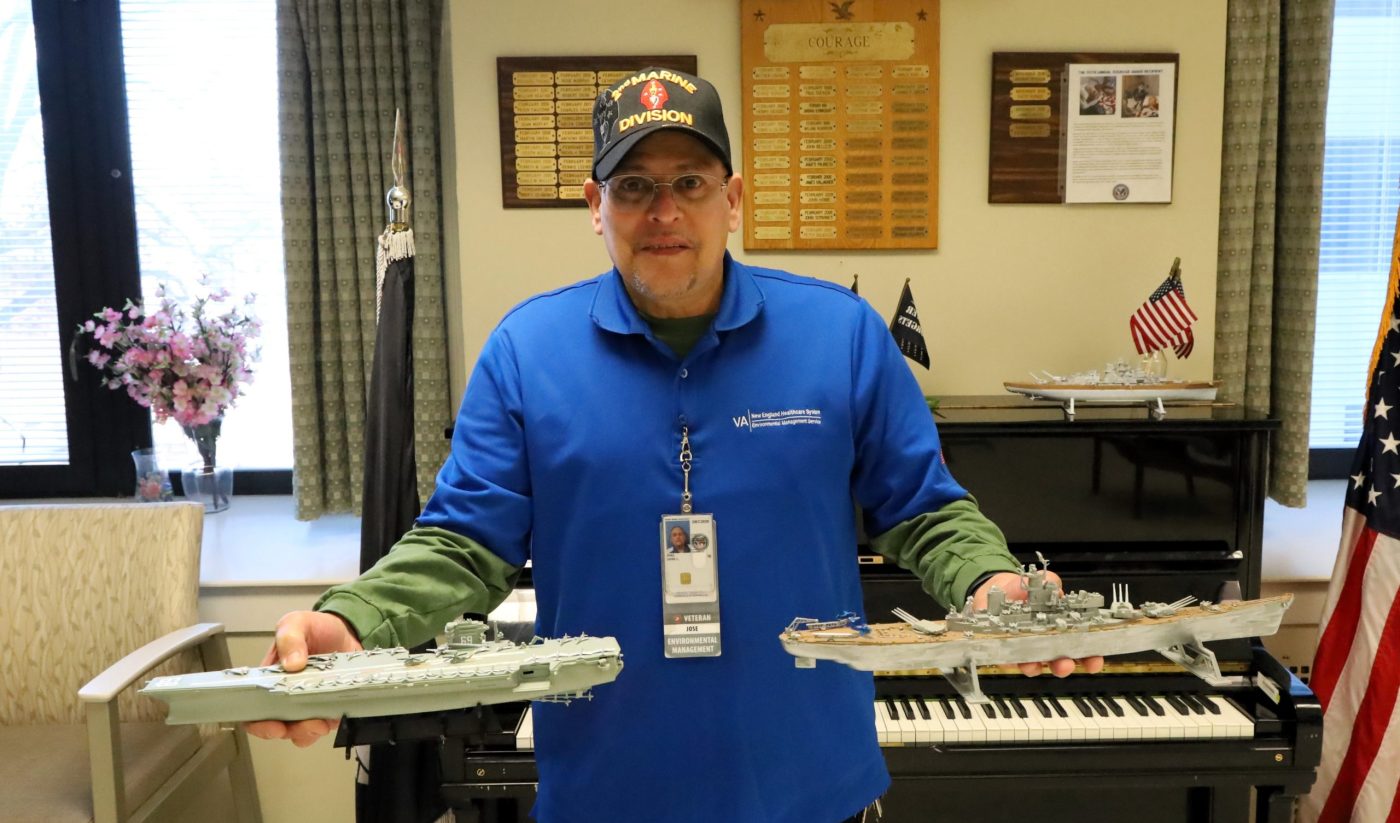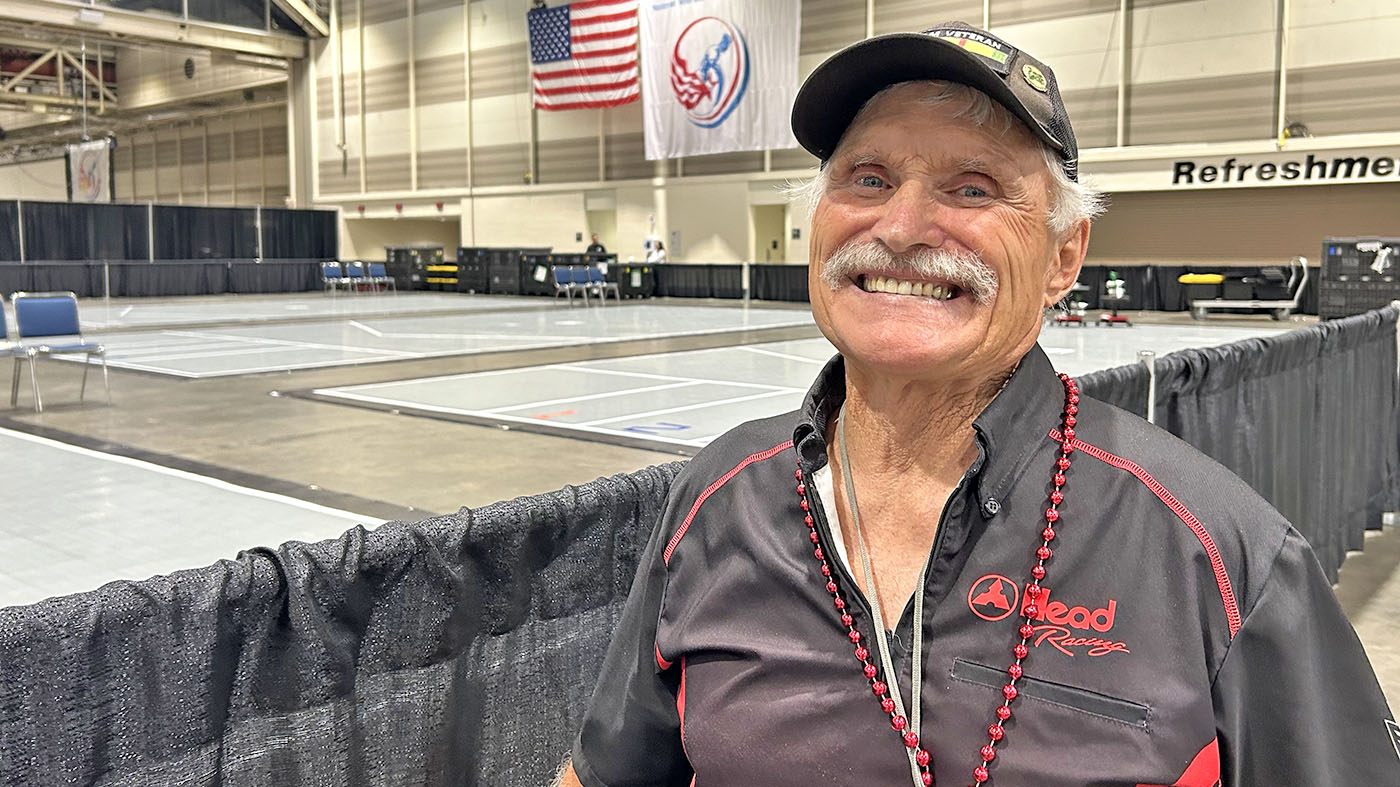VA has an exceptionally talented team of outstanding employees. We would like you to meet them, starting with our dedicated staff of doctors. We will be introducing an eminent doctor in a continuing feature: VA’s Top Doctors.
The first VA doctor we want you to meet played a key role in VA’s response to the tragic event at the Pulse Nightclub in Orlando, Florida.
Psychologist Dr. Mary Beth Shea took the lead in briefing her team members and explaining their role in family death notifications.
(Dozens of Orlando VA employees responded to the tragedy and you can read an hour-by-hour account here by Mike Strickler, Deputy Public Affairs Officer at the Orlando VA Medical Center.)
The city was still in shock when VA arrived at a local senior center to provide support and comfort to families of the slain and injured. It would fall upon the VA and city responders to brief the families and make formal death notifications.
While on the way to the center, Dr. Shea put out a call to VA mental health for support. By the time she arrived, more than 100 mental health professionals had called in to help
The next afternoon Dr. Shea saw the urgent need for more mental health providers. She told one nurse, “I know you’re a nurse but you’re now mental health. Go get a priest and join us in notifying families upstairs.”
As the Orlando Mobile Medical Unit began setting up, a mobile Vet Center from Jacksonville pulled in close behind it. Within minutes medical and mental health providers from the Orlando VA Medical Center were on hand, working to organize the staff and give guidance to those just coming in. In a matter of minutes, VA stood ready to support long before the shocked and dazed families began flowing in from the hot and humid Orlando afternoon.
“Thank God for our nurses and other team members”
Dr. Shea remembers the traumatic event: “The Pulse response was a real opportunity for us to use the skills we’ve developed as a team, and it also highlighted changes that we need to make. So many of today’s tragedies are primarily mental health, yet we only had two trained mental health staff on the team.
“I thank God for our nurses and other team members who were able to stand in—and they did wonderfully– but I feel like we have some pretty good marching orders going forward.”
Dr. Shea grew up in Tampa, Florida, and received her PhD at the University of South Carolina. She has been with VA for 28 years, including a tour as medical psychologist at the Columbia, South Carolina, VA Medical Center and ten years at the Orlando VA Medical Center.
She has published 28 articles in professional journals and has made hundreds of presentations to professional and community audiences. She has also been a Red Cross Disaster Mental Health volunteer since 1998.
The enthusiastic owner and rider of a 1996 Super Glide Harley-Davidson motorcycle, Dr. Shea has one daughter and two granddaughters.
Dr. Mary Beth Shea recently received the Michael S. Neale Award national award for mental health practitioners.
More of VA’s Response
Over a period of 12 days the Orlando VA Medical Center and the Veteran Health Administration’s Vet Center program supported more than 5,000 people, many of whom are Veterans, in locations that spanned central Florida.
The support came in the form of deployed medical and mental health assets, family death notifications, grief and survivor counseling, coping skills, media engagement, mass communication, late-night phone calls, office visits, support groups, hugs, hands, food, water, tissues and many, many tears.
Units deployed to help the families
Among its Emergency Management assets, the Orlando VAMC employs a mobile medical unit and a mobile command post, both 38-foot RV-style vehicles that deploy to augment community resources in situations where medical facilities are not readily available.
The decision was made to provide psychological first aid at the points of gravity where mental health services would be most needed. The Orlando VAMC moved out quickly in that role by employing the medical center “Director’s 50,” known among employees as simply “The 50.”
The group consists of VA volunteers from most career fields who play an instrumental role in the speedy deployment of emergency management persons, services and assets.
Topics in this story
More Stories
One strategy credited for the improvement is a focus on building trust and stronger patient-provider relationships.
Army and Marine Corps Veteran started making models after being hospitalized at Connecticut VA.
Veteran Hank Ebert is a bit of a superstar in the National Veterans Wheelchair Games. He has been attending since 1993.










I really love this article, however it makes us veterans question why we are being turned away or ignored or being treated as if we are nothing more than a bother.
Maybe it would behoove the VA to pretend we veterans have just been through some traumatic event and the VA can rush to our community in their RV to give us the same feel good care you give to others. Where’s the money coming from since all I hear is how broke the VA is and the excuses for the lack of professional care.
The way I have been treated at the VA is criminal. The so called professionals should lose their license to practice anywhere and should never be allowed to work in the health professions. The “residents” are worthless as well.
Sorry for the negative comment, but this is reality for most Veterans.
You seem to do a good job at responding to disasters, but when you return to your day jobs, you, as the VA, go back to being the horrible people we Vets have to contend with.
Why is that?
Treat me as you did the families of those victims in Orlando and I will return to the VA. Now, I avoid as many Veterans do, going to the VA. Would rather die in the streets.